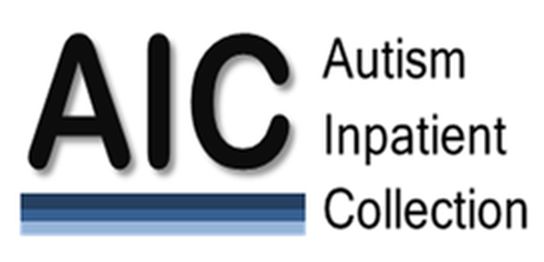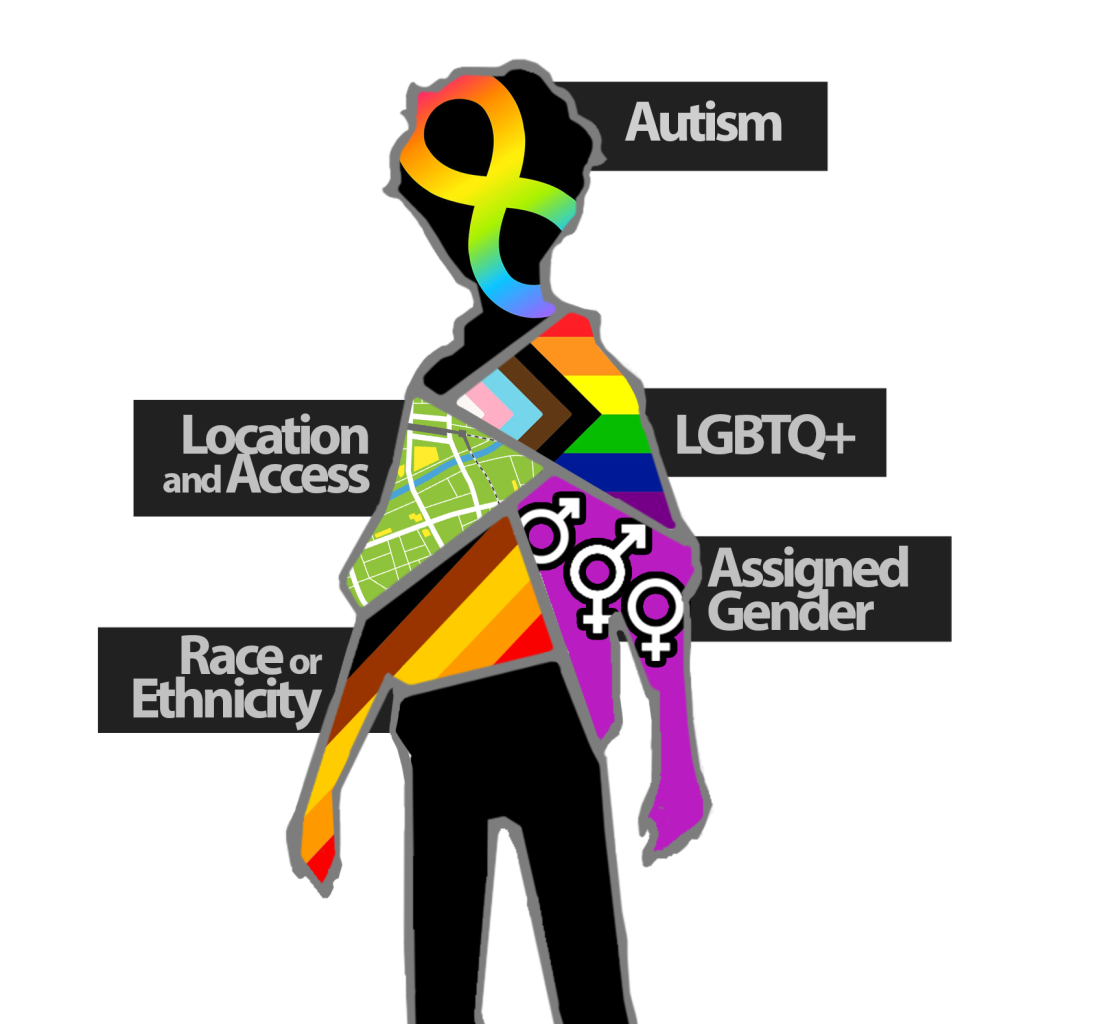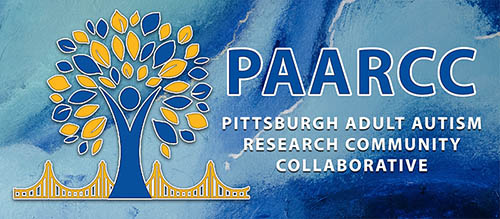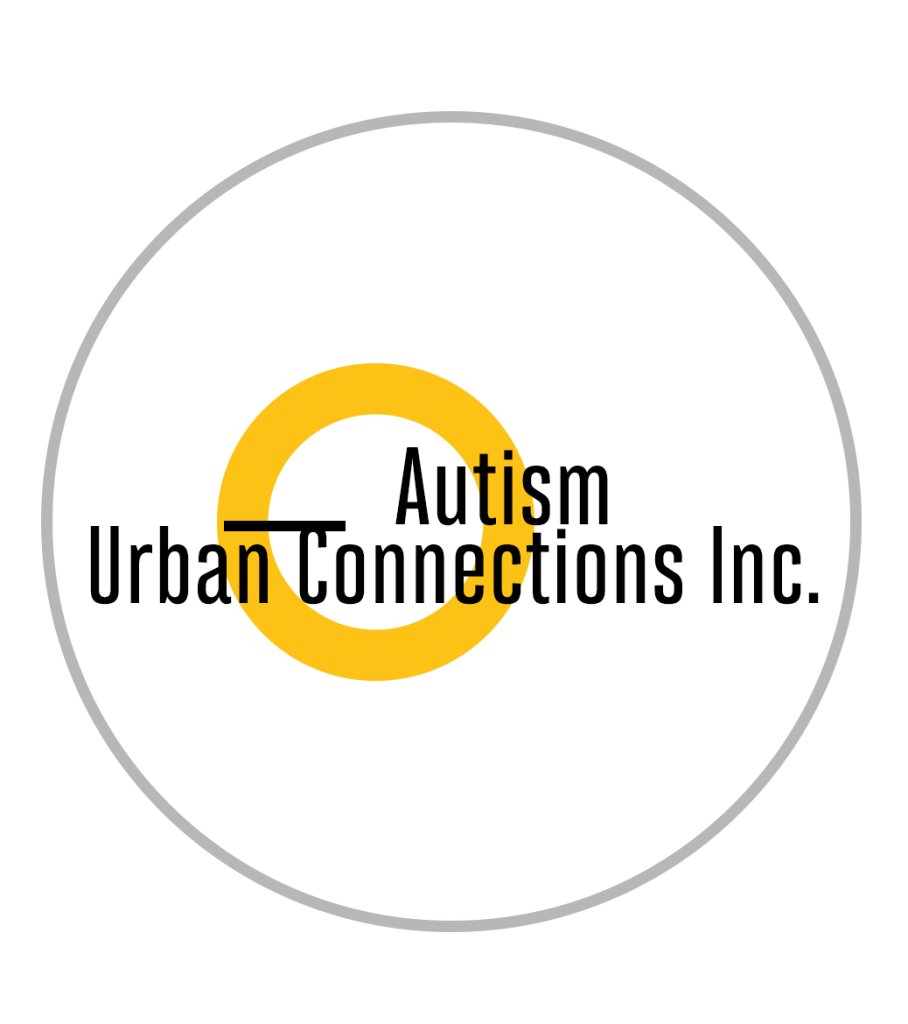Who is REAACT?
Led by Dr. Carla Mazefsky, a world autism expert, the REAACT lab is also an NIH-funded Autism Center of Excellence (ACE). ACE research studies aim to learn information about factors that contribute to suicidality in autistic adults, including factors contributing to mental health and quality of life. Synthesizing this information, treatments can be created for autistic adults who live with thoughts of suicide.
_________________________________
Suicidality and Autism
- What are the Risks?
-
Suicide is the leading cause of premature death of autistic people of average IQ or above.
Nearly 3/4th of autistic people will face suicidal ideation.

 Compared to the general population, autistic people are...
Compared to the general population, autistic people are...- 3-9X more likely to attempt suicide
- 7X more likely to die by suicide
_____
“I’d say probably the number one thing that researchers should know about autism and suicide is that it’s the rule rather than the exception. If an autistic adult isn’t suicidal then they probably are doing things to push it out of their mind because it’s pretty much always there because we are constantly rejected.”
~ A quote from an autistic AASPIRE Project Participant (via Anne Kirby)
____
- Why are the risks so high?
-
This is an important question, with many interacting factors playing complex roles. Our studies aim to understand these factors, and elucidate where interventions may best help ease and prevent these suicidality.
Potential Factors
- Social factors
- Lack of social support, stigma, and discrimination
- Loneliness and isolation
- Camouflaging and Burnout
- Differences in communication - others can miss the need for help
- Life needs
- Difficulty with life transitions
- Struggles with unemployment and housing
- Mental health
- Co-occurring mental health diagnoses
- Difficulties with Emotional Regulation
- Social factors
- How is REAACT working to help?
-
ACE research studies aim to learn information about factors that contribute to suicidality in autistic adults, including factors contributing to mental health and quality of life.
Studies Seeking Participation:
The ACE aims to learn information that can be used to create treatments for autistic adults who live with thoughts of suicide. We also hope to gain more knowledge and understanding about factors that relate to mental health and quality of life for autistic adults.
Participants will answer questions about their thoughts, feelings, and experiences. They will also use different kinds of technology (physiological sensors, fMRI) so we can learn about their bodies and brains.
_____________________
Autism Suicidality Inverntory (ASI)

The purpose of this study is to develop a new measure of suicidality called the Autism Suicidality Inventory (ASI). The ASI is a survey that measures suicidality in autistic adolescents and adults. The ASI was developed in partnership with autistic teens and adults. The availability of such a measure is key to inform intervention development to improve safety and quality of life. We hope to learn information that can be used to support mental health for autistic people.
- Connections: Others' Vital Work
- Video: Suicidality and Autism
-
- Our Publication & Other Citations
-
See more of our program's publications
____
Dietz, P. M., et al. (2020). National and State Estimates of Adults with Autism Spectrum Disorder
Hirvikoski, T., et al. (2016). Premature mortality in autism spectrum disorder
Kirby, A. V., et al. (2019). A 20-year study of suicide death in a statewide autism population
_________________________________
Emotional Regulation and Autism
- What is Emotional Regulation?
-
Emotional regulation refers to how we react in order to manage the emotions we feel. This is both the inner experience and the outward expression of emotion. How we regulate emotion affects our ability to meet important life goals.
Emotions can be overwhelming and take up all our brain power, and we need to respond to these feelings one way or another. These responses can be things we do on purpose, or things we do without even realizing they are happening.
Emotional dysregulation can happen both as a struggle to decrease negative emotions and a struggle to increase positive emotions.
 Reactivity is difficulty reducing intense negative emotions that may be abrupt and externalized, like anger or irritability.
Reactivity is difficulty reducing intense negative emotions that may be abrupt and externalized, like anger or irritability. Dysphoria is difficulty feeling positive emotions and can result in internalized, negative feelings like sadness, unease, or low motivation.
Dysphoria is difficulty feeling positive emotions and can result in internalized, negative feelings like sadness, unease, or low motivation. 
These emotions can be sticky and long-lasting, increasing the impact of strong emotions.
Difficulty with emotional regulation is common across many mental health conditions. It can contribute to symptoms of anxiety or depression, social difficulties, aggression, self-injury, or even suicidality.
- How does emotional dysregulation affect autistic people?
-
Emotional regulation difficulties are more common in autistic and neurodivergent people. There is a lot of research happening to answer why this is.
Right now, our best ideas include:
- Unsupportive environments
- Neurobiological reasons related to brain connectivity, like:
- Heightened sensory sensitivity and different sensory experiences
- Heightened sensitivity to the experience of emotions
- Vulnerability to cognitive overwhelm
- Tendencies towards thought behaviors that make emotions sticky, like avoidance or rumination.
- Difficulty recognizing and understanding emotions, something called alexithymia.
- Differences in the expression and communication of emotion may lead to others being unable to tell when they need help or are distressed.
- How is REAACT working to help?
-
ACE research studies aim to learn information about factors that contribute to suicidality in autistic adults, including factors contributing to mental health and quality of life.
Studies Seeking Participation:
Researchers at the University of Alabama and the University of Pittsburgh are comparing the effectiveness of two therapies developed to help people manage their emotions: the Emotion Awareness and Skills Enhancement (EASE) Program and Unified Protocol (UP).
Managing Everyday Emotions Together (MEET)

This study is focused on how parents and children manage everyday emotional challenges with a focus on children with autism. We hope this study will help us understand the challenges that parents and their children face managing big emotions.
Autism Inpatient Collection (AIC)

The primary goal of the autism impatience collection is to collect information about the experiences and biology of children, adolescents, and adults with autism. The researchers plan to look at factors like communication, emotional regulation, co-occurring psychiatric conditions, behaviors like aggression and self-injury, and more, and to examine how these interact.
- What is the Emotional Dysregulation Inventory (EDI)?
-
The Emotional Dysregulation Inventroy (EDI)

The EDI is used to assess emotion management in autistic teens, autistic adults, and adults with intellectual and developmental disabilities. We developed this measure in partnership with autistic adults and teens.
This is the first self-report measure of emotion dysregulation in autism.
- Videos
-
Coming Soon!
- Emotion Regulation Publications
_________________________________
Autism and Mental Health
- Autism and Mental Health
-
Mental health concerns can greatly and uniquely affect autistic and other neurodivergent individuals. Co-occurring conditions are very common, including anxiety disorders, depression, and other mood disorders, as well as common overlap with other forms of neurodivergence, like ADHD. When mental health concerns intersect with autism, it can magnify the challenges posed by autism itself.
Potential contributors to increased mental health risks include, but are not limited to:
- Sensory sensitivities, which cause distress and contribute to cognitive overload
- Adversity, Stigma, and unsupportive environments that contribute to isolation and loneliness
- Difficulty accessing care, especially care appropriate to the unique needs in autism
- Masking or camouflaging of autistic traits and other social difficulties
- Concerns with sleep quality and the way it interacts with emotional regulation
Much of the work done by the REAACT program evaluates these factors in different ways, understanding how the mental health factors arise, and how they effect autistic individuals across the lifespan.
- How is REAACT working to help?
-
Relationships, Employment, Autonomy, and Life Satisfaction (REALS)

This survey tool developed by REAACT measures aspects of real adult life in autistic adults and adults with intellectual and developmental disabilities, assessing relationships, employment, and autonomy/independence, as well as life satisfaction.
This measure is the first adult measure of these domains designed specifically for autistic adults, and was developed in partnership with autistic community members and our PAARCC group.
The development of this important measure increases the ability of researchers and policy makers to make key service decisions and progress for autistic adults.
- Videos: Sensory Sensitivities
-
Understand the ways sensory experiences and perspectives differ between autistic and non-autistic people:
Learn more: Dr. Greg Siegle | Sensory Sensitivities in Autism: From Narratives to Neuroscience
_________________________________
Intersectionality, Access, and Voice
- Intersectionality
-
Intersectionality refers to the way the many different parts of our individual identities interact, influencing our experiences and sometimes bringing additional challenges.
Being autistic or neurodivergent comes with numerous unique challenges related to disability status, stigma, marginalization, while also interacting with all the details that make up who we are.
That overlap of autism with other traits, especially marginalized identities, can have big effects on individual experiences.
Examples of intersecting identities:

- Race and ethnicity
- Being LGBTQ+
- Low-income status
- Being an immigrant or refugee
- Having other disabilities (like ADHD, dyslexia, or intellectual disability)
- Living in underserved or inaccessible areas
Stigma surrounding autism, disability, and other neurodevelopmental disorders can be exacerbated by stigma directed towards additional marginalized communities.
Experiencing this stigma not only affects the opportunities a person may have, it can also have dramatic effects on mental and physical health.
- Access to Care and Support
-
A significant effect of intersectionality occurs in access to care, support, and resources.
This can happen due to problems within and without healthcare systems and assistance programs, as well as factors of broad discrimination and stigma.
Examples of ways access and care quality can be effected:
- Communities with less available care
- A lack of providers with similar cultural experiences
- A lack of language access Economic and transportation limits
- Biases against identities within systems
- Neurodiverse Voices and the REAACT Program
-
Inclusion of autistic and neurodivergent voices in science is essential to advancing research in ways that properly meet the needs of these individuals, as well as improving the practical accuracy of that research.
Our collaborators and partner groups help REAACT always ensure autistic voices are included in the conversation:
- Advocacy Organizations
-

If you are struggling with suicidal thoughts or intentions, or experiencing a crisis, Dial or Text 988 or chat online here.

Links for information about autism, advocacy and support, and mental health resources.

See our current studies, including those looking for participants!

See our published work.









